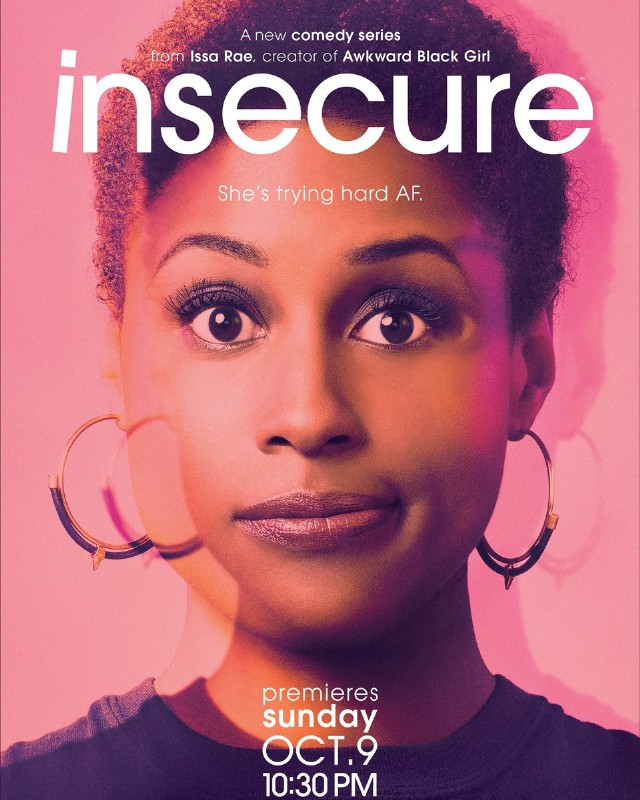I Didn’t Know I was Black, Until I Came to America
I recently said to a friend, not realizing the gravity and the truth in my words. My current existence seems completely entangled in blackness, yet there was once a time that didn’t exist.
It was October of 2000, the new millenium, my parents came home one evening, sat us down and told us we were moving to America. There weren’t enough words to describe the magnitude of excitement in my newly seven year old heart. I saw America on television and envisioned it as the real life equivalent of candy-land or paradise. I was the envy of all my classmates when I told them while playing ten-ten that I was leaving for the land of milk and honey – America. It was the type of of place where NEPA never took light and there were four seasons like all the books talked about but in Nigeria we never experienced. We packed our things, sold our cars, furniture — everything except our clothes and the next thing I knew, I had landed at the Hartsfield-Jackson Atlanta International Airport.
I had come from a country where “blackness” was the norm. Everyone around me — my leaders, doctors, teachers, policemen — everyone was black. So much so that blackness ceased to exist. We were instead defined by our cultural identities, whether Yoruba, Igbo, Ijaw, Calabar, etc. But in my second grade classroom, I was quickly taught to be black. It happened when a snotty-nosed-strawberry-blond boy remarked that “we didn’t have any black people before you came here” as he handed me a crayon with great hesitation. I began to realize my differences from the rest: not only was I the kid from Africa, with the foreign accent and subject to the “did you live in a hut, how many lions, did you wear clothes” questions, I was now also the only black student. The rest of the year continued and I felt more and more like a misplaced piece in a museum and the homesickness of my former life increased. This wasn’t what America was supposed to be.
I moved to Texas and I learned to be black. Being an African immigrant, I was black to the white students and African to the black students. I didn’t seem to fit in anywhere, especially not in the latter group. I remember crying to my mom about my feelings of alienation and I could not understand for the life of me why my black classmates ridiculed me if I was supposed to be one of them. I tried diligently to rid myself of my accent, repeating words like ‘adult’ and ‘towel’ and ‘millisecond’ over and over again until I sounded like my classmates. Ironically, when I had first arrived, I thought it hilarious how Americans spoke, and here I found myself desperately wanting to mock it. At school I would sound one way, but as soon as I was in the confines and safety of my home, my r’s lost their slight roll and my t’s and d’s became more pronounced. Read The Ending Here





